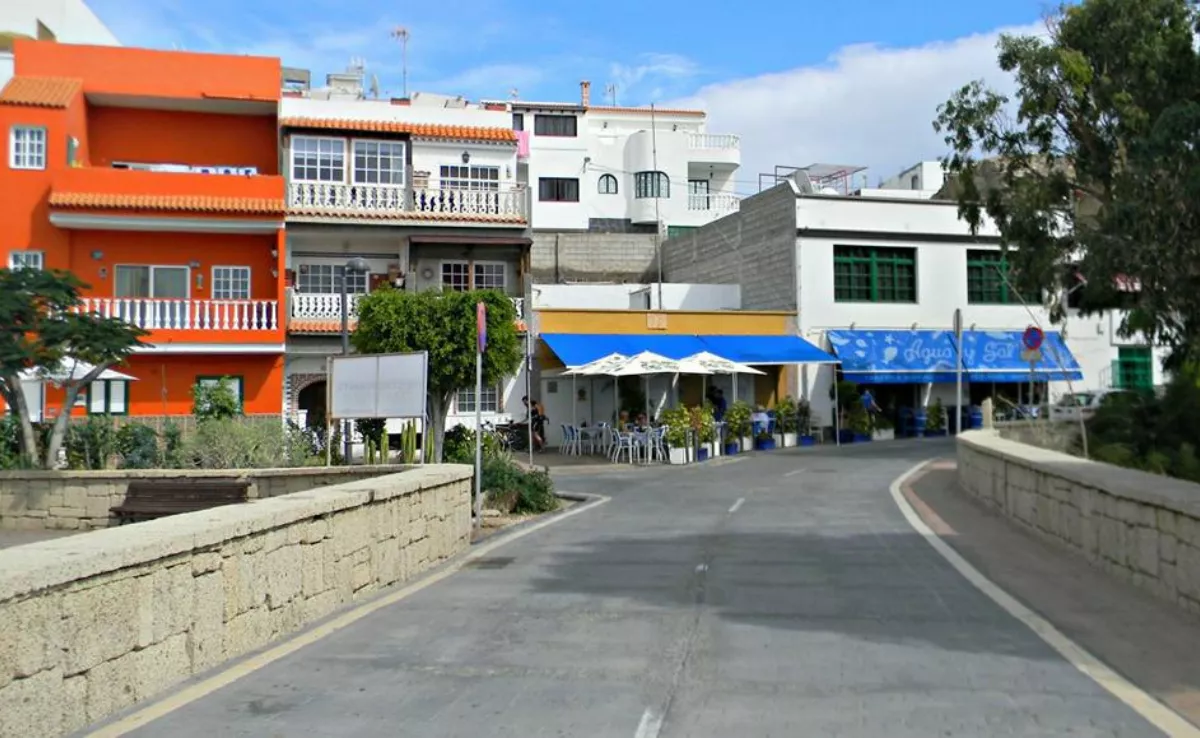
The General Directorate of Public Health of the Government of the Canary Islands has warned that the future solar drying plant for sludge projected at the Environmental Complex of Tenerife could cause disturbances due to odours and will be located in an area with a history of environmental non-compliance.
This is included in its report within the simplified environmental impact assessment procedure, which warns that the installation will be situated less than two kilometres from several populated areas. The Environmental Impact Report for this project promoted by the UTE Nivaria was approved on 23 January 2025 by the Environmental Assessment Commission of Tenerife (CEAT).
The ruling considers that the project does not need to undergo an ordinary environmental assessment “provided that the environmental measures outlined in the environmental document, the environmental monitoring programme, and the established conditions are adhered to”.
However, the General Directorate of Public Health has been clear in its assessment. In its report, it states that the area where the project is located directly affects the surrounding population: “The epidemiological area is considered potentially exposed to the emissions of an activity for the populations located within a radius of 2,000 m, with the cores of La Laja, San Miguel de Tajao, and Las Arenas being less than the indicated distance from the Arico Environmental Complex”.
Although the report does not mention them, the cores of La Caleta and La Mareta are also less than two kilometres away. The regional agency goes further and criticises the current management of the Tenerife Environmental Complex, where the new plant will be integrated: “The results of the environmental inspections carried out to verify compliance with the conditions imposed in the Integrated Environmental Authorisation (AAI) show a low level of compliance”.
It adds: “Since 2020, there has been a progressive increase in the levels of methane, carbon dioxide, sulphur oxides, and particles emitted at the Arico Environmental Complex”. Regarding the odour at this plant, the report warns that the sludge drying process “could lead to unpleasant smells, which would cause discomfort for residents and workers in the area, especially on windy days or during high temperatures”.
For this reason, it is proposed to strengthen environmental control and require the promoter to “incorporate preventive measures into the environmental monitoring programme (PVA) to minimise the impact on air quality during the operational phase that include measures to reduce particle emissions and the conduct of odour measurement campaigns under unfavourable weather conditions”.
The project consists of the construction of a thermal solar drying plant for sludge, a technique that allows for the reduction of water content in sludge from purification stations. This reduction helps to decrease its volume and weight, making management, transport, and landfill disposal easier and less costly.
The plant will use SolarBatch technology, which involves drying in greenhouse-type chambers measuring 104 metres long by 16 metres wide, ventilated, and with mechanical turning. The sludge will arrive with 15% dry matter and, after treatment, will reach 58%. The installation will be designed to process up to 10,000 tonnes annually, according to the technical document prepared by Proyectos Navarra Ingeniería.
It will be located on an internal plot of the Tenerife Environmental Complex, which was modified at the end of 2023 to accommodate sludge with less than 65% moisture.
The plant was subjected to a simplified environmental impact assessment procedure, intended for projects with theoretically limited impact. Throughout this process, several public bodies were consulted. The Cabildo of Tenerife, as the substantive body, and the CEAT, as the environmental body, approved the project with corrective measures on 23 January 2025 (p. 1/23).
Despite the fact that the project does not include a deodorisation system, the Cabildo accepted the promoter’s technical justification, which presented an additional report in December 2024. This report estimates that odour levels will not exceed legal thresholds, although the possibility of installing a system if necessary is kept open.
The plant has not yet begun its execution phase, but the Public Health report introduces a series of warnings that point to both the project and the context in which it is set. In its report, this body states that there are relevant precedents in the complex: “The installation has suffered fires affecting the surrounding population, along with complaints from local residents and the Town Hall, meaning the impact is not negligible”. It also reminds that “the level of compliance of the Arico Environmental Complex in the regulatory inspections carried out by the Ministry of Ecological Transition is LOW”.














